Exploring the Future of Renewable Energy Storage in the Seas
Renewable energy is the future. Wind and solar energy production depends strongly on weather conditions, so sustainable energy storage is required. Pumped hydro storage is worldwide most used to provide large-scale energy storage. The lack of substantial natural head and of efficient low-head turbine technology has kept this energy storage option out of the picture in low-lying areas – until now.
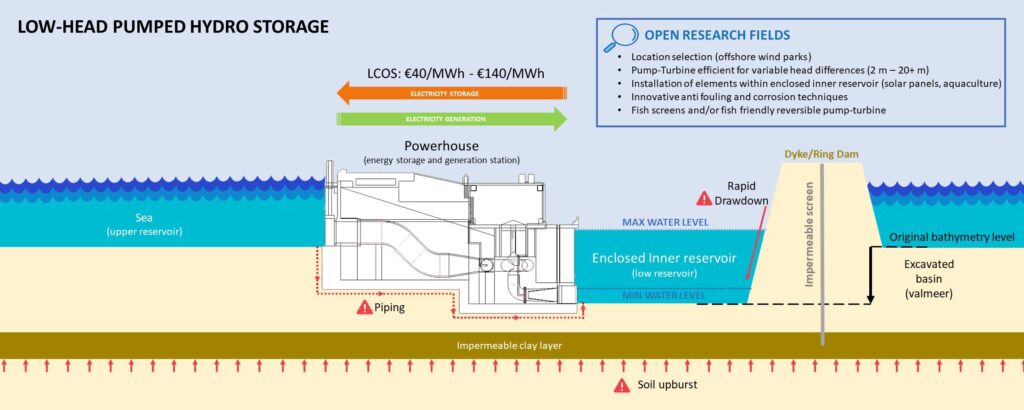
Source: https://doi.org/10.1016/j.rser.2022.112281
Optimized turbines for low head (10-20m) with Power Take Off and Grid Integrators developed by ALPHEUS are a game changer. Pumped hydro storage for low-lying areas is now available for implementation. With a panel of international experts, the potential for a large 2 GW dam in the North Sea will be presented.
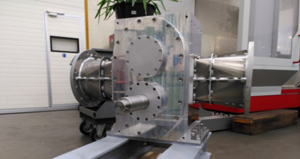 |
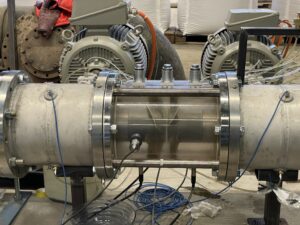 |
| PDRPT – Side View | CRRPT with induction motors in the TU Braunschweig lab |
Agenda
Pump-turbine test setups
Videos showcasing new test setups incorporating.main data results
Conceptual design of dyke and powerhouse
The technology’s offshore placement – innovative.low-head pumped hydro energy storage designs
Costs and revenues
The life cycle assessment (LCA) of the entire low-head.pumped hydro storage system designed by ALPHEUS
Full Agenda:
• 14:00
Opening by Moderator – Stuart Reigeluth (REVOLVE Media)
• 14:05
Intro to ALPHEUS
What is ALPHEUS
Presentation on test setups, conceptual designs and results
• 14:20
Panel discussion
• 14:35
Q&A from the audience
• 14:55
Closing
Panel Participants
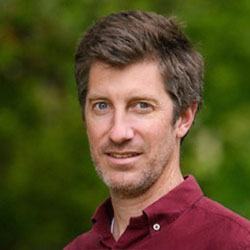 |
Stuart Reigeluth is the founder of REVOLVE (2010) – a communication group fostering cultures of sustainability. He is a co-initiator of the AMWAJ Alliance for valuing water ecosystems around the Mediterranean, and he is a co-founder of the global Cities4Forests network. He has an MBA from Solvay-Ponts (2015) and a MA from CAMES at the American University of Beirut (2005). |
| Jeremy Bricker is an Associate Professor of Civil/Hydraulic Engineering at the Delft University of Technology and at the University of Michigan and a licensed Professional Engineer in California and Washington. His experience encompasses design and failure analysis of coastal and hydraulic structures subject to tsunamis, hurricanes, and floods. As the scientific coordinator of ALPHEUS, he works to tie together the multiple disciplines involved in the project. | 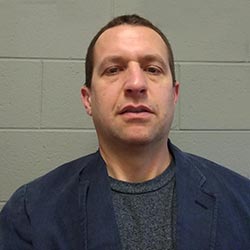 |
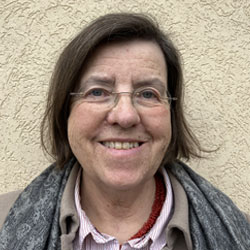 |
Bettina Geisseler is a lawyer and founder of GEISSELER LAW, a law firm specialised in contract law regarding the construction and erection of major infrastructure projects worldwide, such as (hydro and other) power plants, dams or tunnels. She is a member of the Scientific Committee of the Société Hydrotechnique de France (SHF) as well as of the Technical Committee on “Public Safety around dams“ of ICOLD (International Commission on Large Dams) and a member of the European Working Group of ICOLD on „Penstocks and Pressure Shafts“. Recently she has been elected as member of the Governing Board of the ETIP Hydropower Project. She is active in the Task Group B (Optioneering – Framework for an Early Decision Making) of ITA’s (International Tunnelling and Underground Space Association) Sustainability Initiative. |
| Peter Hoffmann has worked in various positions for more than 30 years in the energy business. Till 2023 he was the Director for Energy System Planning at TenneT, one of the leading TSOs in Europe. In that position he was involved in the development of the Northsea PowerHubs, analysing artificial islands as the basis for sector coupling purposes. With his long-lasting experience particularly in System Operations, he advises ALPHEUS in potential ancillary services to be offered by the developed hydraulic plants. Today Peter Hoffmann is Managing Director of HoPe Energy Consulting GmbH and supports NEOM in KSA to build up System Operations on green field (or better sand). | 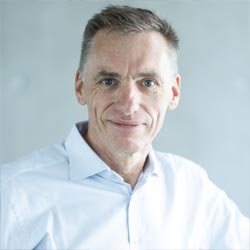 |
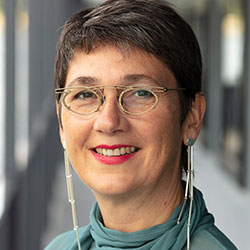 |
Ann Overmeire is the COO of Blue Cluster, a Belgium-based cluster focused on a sustainable blue economy with over 180 industry members and 17 publicly funded partners. Blue Cluster is recognised as a spearhead cluster by the Flemish government and has a dedicated budget for innovation projects. Ann engages with the members and stakeholders and is responsible for the networking agenda as well as the international projects. She assists the CEO in the daily management of the cluster organisation. |
| Anton Schleiss graduated in Civil Engineering from the Swiss Federal Institute of Technology (ETH) in Zurich, Switzerland and obtained a PhD on the topic of pressure tunnel design in 1986. After that he worked for 11 years for Electrowatt Engineering Ltd. (now AFRY) in Zurich and was involved in the design of many hydropower projects around the world. In 1997, he was nominated full professor and Director of the Laboratory of Hydraulic Constructions (LCH) at the Ecole Polytechnique fédérale de Lausanne (EPFL) and became honorary professor in May 2018. After having served as vice-president between 2012 and 2015 he was president of the International Commission on Large Dams (ICOLD) from 2015 to 2018. With more than 40 years of experience, he is regularly involved as a consultant and expert in large water infrastructures projects including hydropower and dams all over the world. On behalf of ICOLD, he is coordinating the ETIP HYDROPOWER project funded by the EU Horizon Europe research and innovation program. | 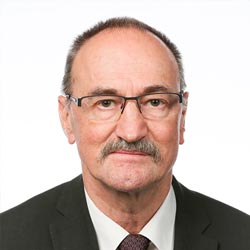 |
The complete video recording of the event can be accessed here or viewed below.

